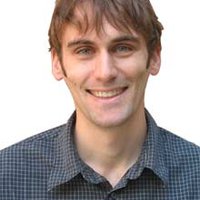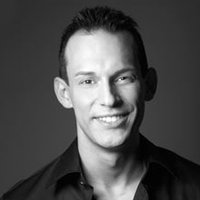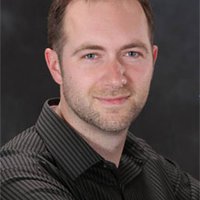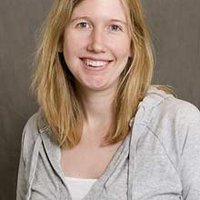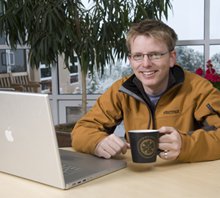Nathan Eagle, a research fellow at the Santa Fe Institute in New Mexico, believes that mobile phones offer more than a way to communicate. In his hands, they can provide windows on the social structure of communities, information that can lead to better public-policy decisions, and unexpected sources of income for people in poor countries.
For years, Eagle has been mining cell-phone data captured by service providers around the world. Using algorithms he developed as a graduate student at MIT, he strips all identifying information from call logs and looks for patterns in where people go and how they use their phones--patterns that can reveal how social networks are affected by outside forces. For instance, he is working with city planners in Kenya and Rwanda to understand how slums grow and change in response to events such as natural disasters and declines in crop prices. And earlier this year, Eagle began using phone-derived data to build a more accurate model of the spread of malaria in Africa. Previous models had relied on spotty information about people's movements, collected in sporadic surveys. With a better picture of how the disease spreads, governments can improve the policies designed to fight it.
In February, he launched Txteagle, a service that lets any company send cell-phone users simple tasks such as text translation. Participants are paid with credits that can be used for phone service or redeemed for cash at special kiosks. A pilot program in Kenya paid a few cents per task and was too successful for its own good. Within hours of its launch, the ranks of users swelled into the thousands; within days, all the tasks were exhausted.
Eagle plans to relaunch the service later this year in Kenya and other countries, including Rwanda, Indonesia, and the Dominican Republic, with two changes that he hopes will make it sustainable: capping the amount of money a person can make in a day, so that completing tasks becomes more like a hobby than a job, and offering more tasks, such as identifying objects and people in digital pictures or deciphering distorted words from scanned books. --Kate Greene

Courtesy of Txteagle
